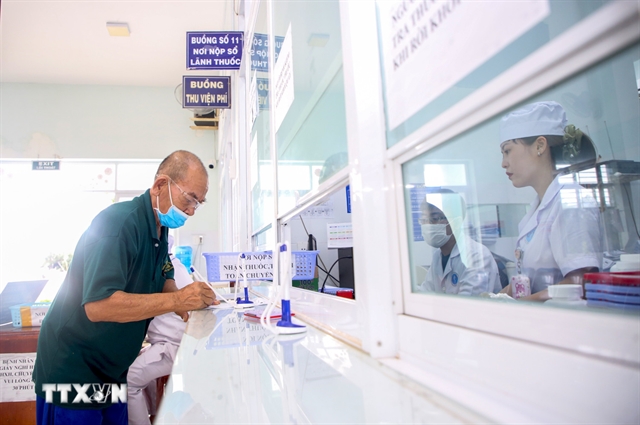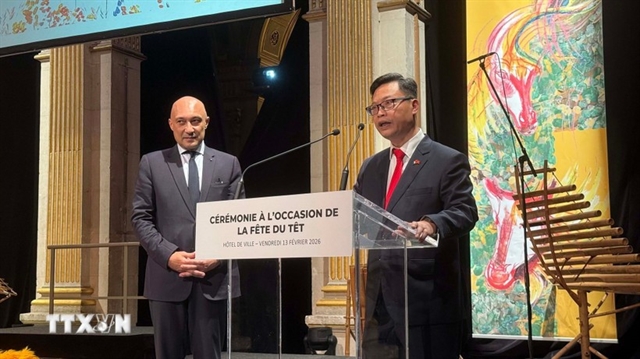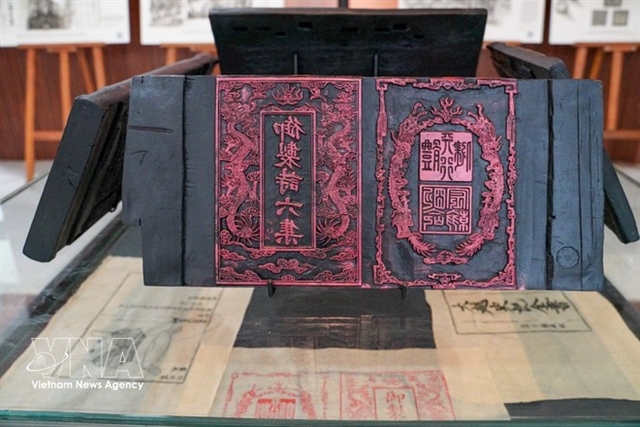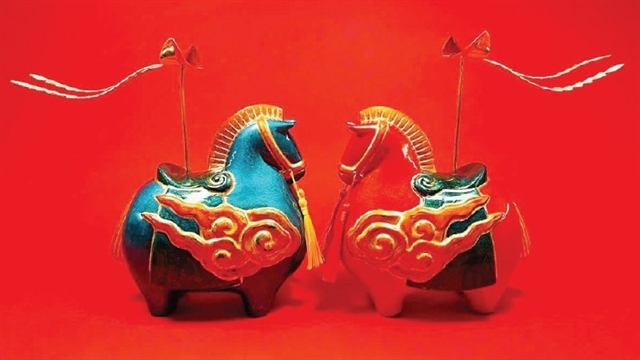 World
World
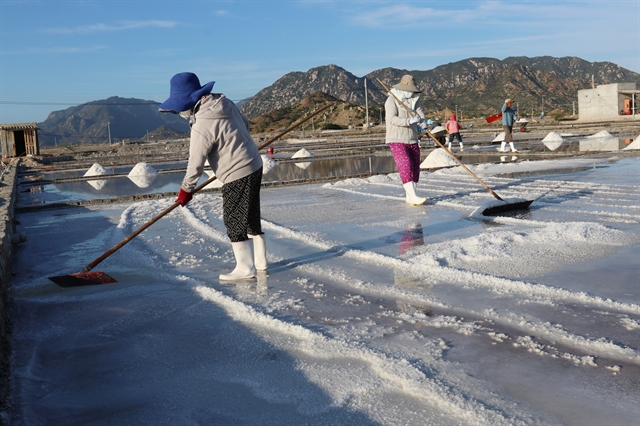
Turkish President Recep Tayyip Erdogan and Greek Prime Minister Alexis Tsipras stressed Tuesday they planned to resolve disputes between their two countries through dialogue.
ANKARA — Turkish President Recep Tayyip Erdogan and Greek Prime Minister Alexis Tsipras stressed on Tuesday they planned to resolve disputes between their two countries through dialogue.
Greece and Turkey have a fraught history going back centuries with disputes over maritime borders and the 1974 division of Cyprus.
More recently the erstwhile NATO allies have fallen out over Greek courts granting asylum to Turkish soldiers who fled Turkey after the 2016 failed coup.
Tsipras, in his second visit to Turkey as Greek premier in four years, met with the Turkish leader at the vast presidential palace on the outskirts of the capital Ankara.
"I am very pleased that communication channels (with Turkey) are open so that we can take more constructive steps," Tsipras told a news conference with Erdogan, calling for a relationship based on "respect for international law and reciprocal understanding of our problems".
Erdogan, who became the first Turkish president to visit Greece in 65 years in December 2017, said bilateral disputes could be resolved "peacefully".
"We believe every problem could be resolved through dialogue."Erdogan said a "politician’s job is not to win enemies but friends... otherwise you constantly lose blood".
The eight Turkish soldiers who were granted asylum in Greece after they fled in the wake of the failed 2016 coup against Erdogan’s government is one of the sticking issues in ties.
"On the thorny issue of the eight officers, Greece respects the decisions delivered by the judiciary," Tsipras said.
"In Greece the putschists are not welcome; we must face any criminal organisation that prevents cooperation between the two countries."
However Erdogan said Turkey did not want Greece to become a "safe haven" for "members of terror groups".
"We expect more cooperation from our neighbour Greece on this issue," he said.
Tsipras’s visit comes a few days after the 23rd anniversary of a 1996 crisis that brought the two countries to the edge of war over the sovereignty of a pair of rocky islets in the Aegean Sea, which Ankara calls Kardak and Athens refers to as Imia.
The trip also comes 20 years after the beginning of a rapprochement which began when Greece rushed to help following a devastating Turkish earthquake in 1999.
"Even though these talks might not go anywhere, the essence is that there is a pretence of dialogue, and this is important," said Dimitrios Triantaphyllou, head of the Centre for International and European Studies at Istanbul’s Kadir Has University. — AFP

